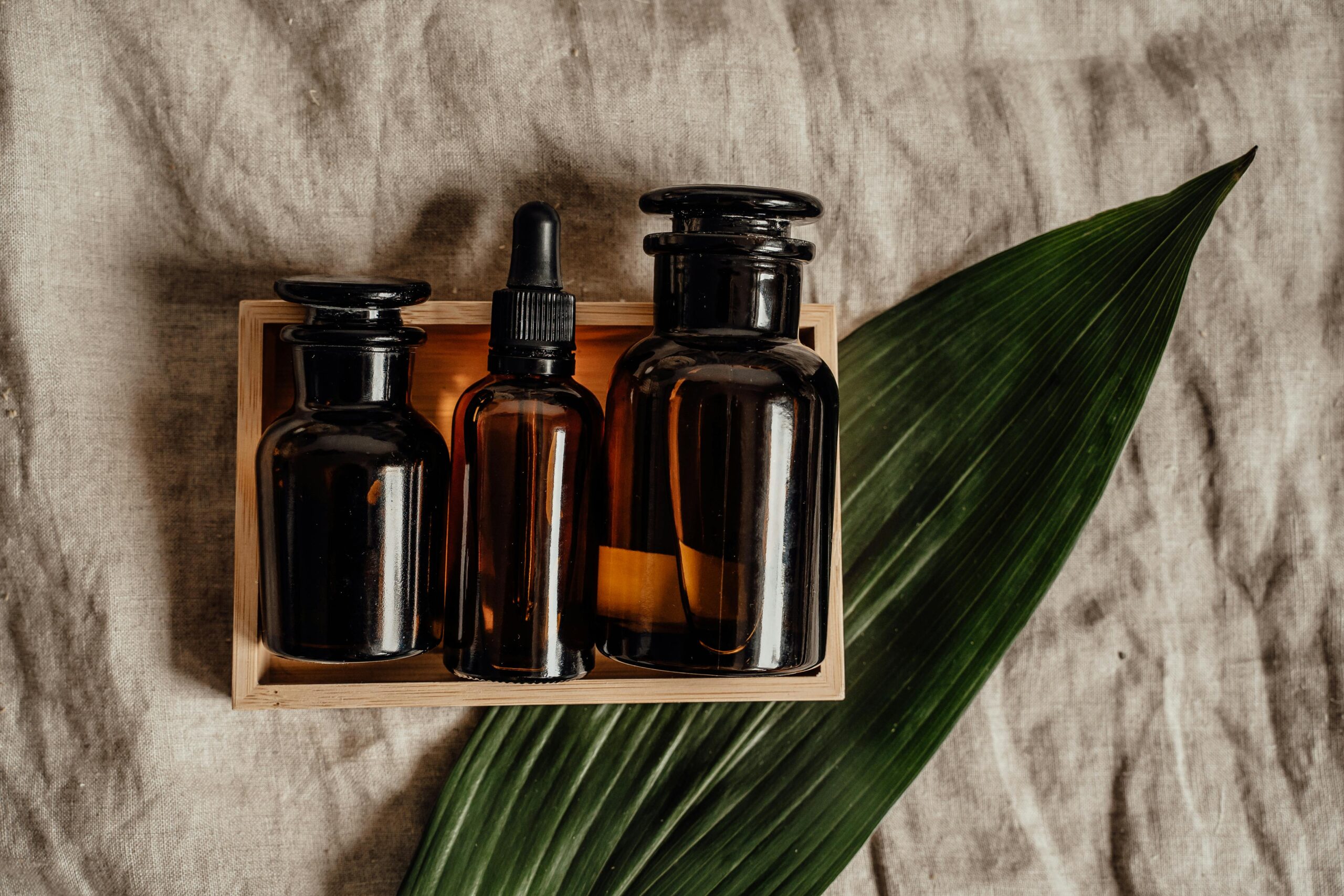I used to believe that Koreans were the only ones who needed serum and used it. But when I used it, I wondered where it had been my whole life. It didn’t feel like I used anything on my face. And I know there are other people who feel the same way I do.
Skin problems can be fixed by serum, which is a concentrated product that goes deep into the skin. Usually, you should put this on before your lotion. There are many powerful ingredients in it that make it work like magic. Serums are made to treat specific skin problems, like wrinkles, acne scars, dark spots, and making the skin brighter.
What is Serum?
Serums have a lot of concentrated active ingredients in them. They offer special treatments for different skin problems. Say you have scars from acne on your face. You can use a cream to get rid of them. Most serums are light and quickly absorbed, even though they look thick.They don’t make your face feel oily at all. Because serums get into your skin’s lower layers, they make moisturizer and other skin care products work better.
Different skin issues require different serums
Serums come in different types based on skin problems. There are many types of serums, so it’s important to know which ones work best for your face.
1.Hydrating Serums
Key Components: Hyaluronic Acid, Glycerin, and Aloe Vera.
You need a hydrating cream if your skin is flaky, dry, or low on water. Hydrating serums are important for keeping your skin’s wetness level steady. Hyaluronic acid is the main ingredient in hydrating serum. It can hold up to 1000 times its own weight in water, which makes it very good at attracting and keeping wetness in the skin. Glycerin and aloe vera are two more things that are in hydrating serum.
Good things:
- Provides deep hydration.
- Makes skin smoother and more elastic.
- Makes fine lines and wrinkles less noticeable that are caused by dry skin.
- It makes the face smoother.
2. Anti-Aging Serums
Key Components: Vitamin C, Niacinamide, Peptides, and Retinol.
Serums that fight age are made to fight wrinkles, fine lines, and loss of elasticity. Serums that fight aging contain things like Retinol, a vitamin A substance that helps the body make collagen. Collagen is important for making your skin more flexible. Peptides and vitamin C also help make skin brighter and tighter.
Good things:
- Smooths out wrinkles and fine lines.
- The production of collagen is enhanced.
- Promotes plump, supple skin.
- Revitalizes and balances out skin tone.
3. Brightening Serums
Essential Components: Licorice Root Extract, Kojic Acid, Alpha Arbutin, and Vitamin C
Hyperpigmentation, dark spots, and dull skin can all be fixed with brightening serums. I used to have acne on my neck. Back then, a lotion with vitamin C helped me a lot. Vitamin C is an antioxidant that makes the skin look better and keeps it safe from damage from the environment. To get rid of dark spots and make skin tone more even, alpha arbutin and kojic acid are very important.
Good things:
- Lessens the look of discoloration and dark spots.
- Improves the general glow of the skin.
- Keeps free radicals from doing damage.
4. Acne-Fighting Serums
Essential Components: Niacinamide, Salicylic Acid, Benzoyl Peroxide, and Tea Tree Oil
The goal of developing acne-fighting serums is to eliminate the acne-causing bacteria. Skin that is prone to acne also experiences irritation. Salicylic acid, a beta-hydroxy acid (BHA), is one of the ingredients that gently exfoliates the skin and removes dead skin cells. The acne-causing bacteria are killed by benzoyl peroxide, while the irritation is soothed by niacinamide.
Good things:
- Gets rid of acne while stopping further outbreaks.
- Minimizes redness and irritation.
- Cleans up the pores and removes dead skin cells.
Tips for Choosing
Your skin’s needs should guide your serum selection. Important considerations before purchasing a serum:
Skin care essentials: First things first: figure out if hydration, anti-aging, pigmentation, acne, or protection are your top priorities.
Do you have any food allergies? Keep an eye out for essential components that treat your skin condition. Stay away from products that include chemicals known to irritate the skin.
Determine your skin type—oily, dry, combination, or sensitive—so you can select the best serum for your needs.
If you want to see how your skin reacts to new serums, it’s best to start slowly and work your way up.
Serums provide targeted treatment for a variety of skin issues and are thus an essential component of any skincare regimen. There is a serum for every skin concern; whether it’s dryness, aging, pigmentation, acne, or damage from the environment, you can find one. Make an educated decision and attain healthier, more vibrant skin by learning about the various serums and their active ingredients. Always be consistent for the best effects; after all, it takes time for serum to do its job.



